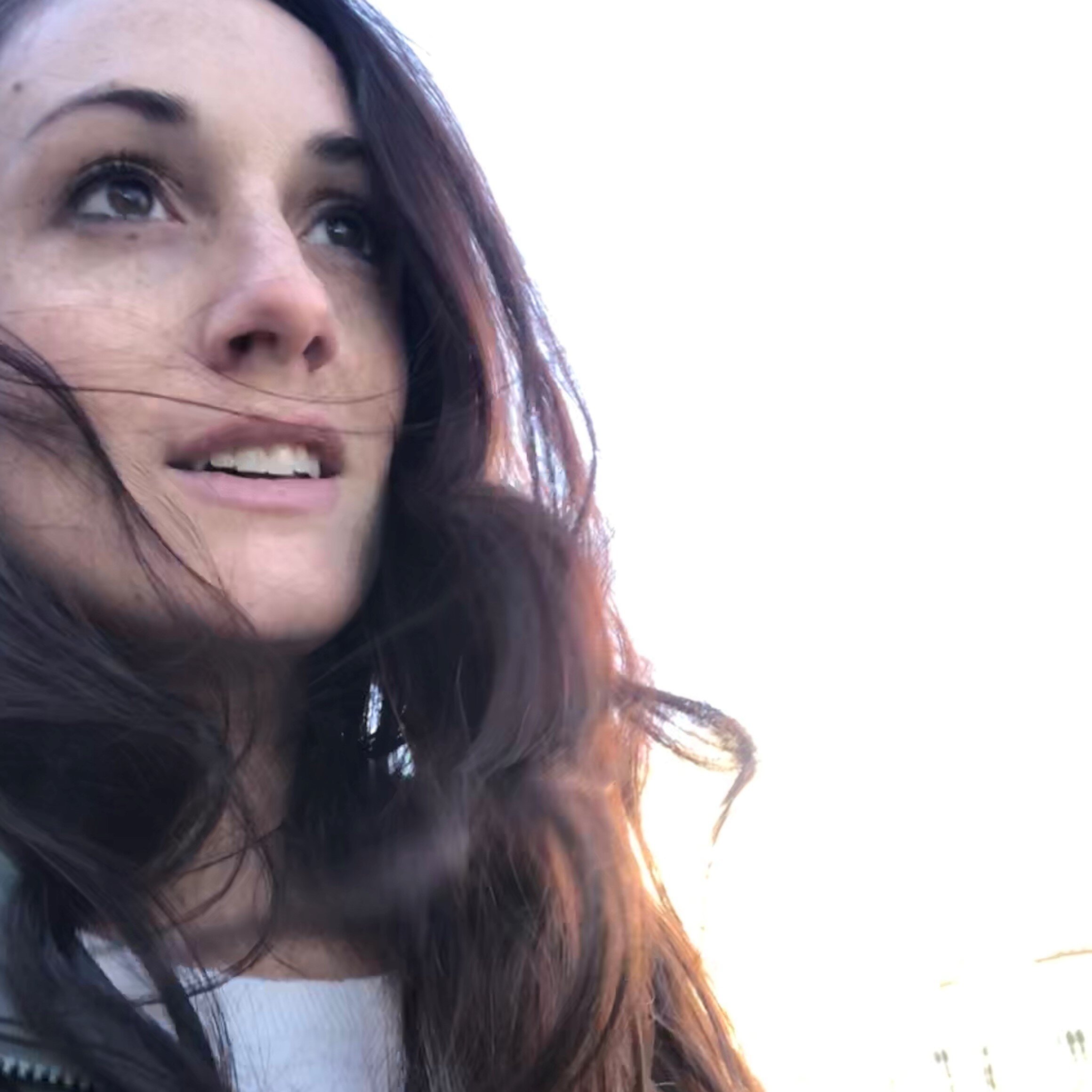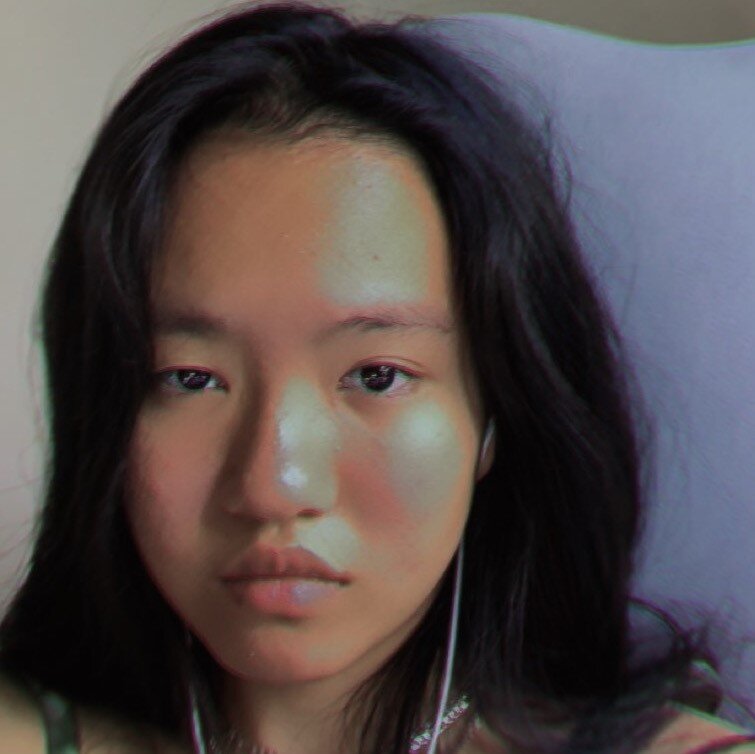LOVE SCREAM — MADELINE ANTHES
/The night before our wedding, my wife told me she was descended from cicadas. We’d only known each other for six weeks. Our love was sudden the way evening turns to night—I blinked and then it was there.
Why are you telling me this? I asked her.
It changes things.
Her brown eyes were so large and lovely. I took her hands in mine, her diamond ring sparkling like a lightning bug in the dim of my apartment.
It changes nothing.
*
We had challenges.
Every summer her skin sloughed off in a thick sheet, a complete outline of her body as though it was the mold she was made from. She didn’t like to call it a shell; she called it an exoskeleton as if that were better. The first year I tried to make her laugh by sitting her old skin at the table like another person. I even put a cup of coffee and bagel in front of it as though it was sharing breakfast with us. She didn’t find it funny. After that, we carefully snapped the skin-body into chunks and threw it in the woods.
She was filled with electricity, always burning, always buzzing, always about to explode. She was restless—running for hours throughout the day, cycling into the evening. Her legs were spindly threads of muscle and bone.
I told you, she said one Sunday as we got ready for bed. She took out her blue contacts so her red eyes shone. The brown eyes had been contacts, too, it turned out. It changed things.
*
But it wasn’t the skin or the energy or even the endless talk of children that did us in.
It was her voice.
Her voice was a rough melody—a hissing mixture of clanking chains and tinkling wind chimes. At parties, my friends would lean away from her when she spoke. They cringed as her voice grew louder and louder as the night wore on. By August, she echoed through our home and our neighbors called the police.
At first, I found her voice soothing. It was a rhythmic lullaby I could rely on, whispering to me, reassuring me. But soon I could barely think. My ears were ringing and I wasn’t able to speak around her. She drowned me out.
Finally, finally, I admitted it was too much. We were too different. I loved her, but it was done.
The night before she moved out, I returned home to find her sitting high up in the branch of a pine tree. She was clinging to the trunk and screaming at the top of her lungs.
I wanted to get her down, to hold her, to tell her we’d be fine if she could just stop. But it was too late. I stood at the bottom of the tree and placed my hands along the bark’s ridges, feeling the trunk vibrate with her voice. I closed my eyes and screamed with her.
Madeline Anthes is the Assistant Editor of Lost Balloon. You can find her on Twitter at @maddieanthes, and find more of her work at madelineanthes.com










